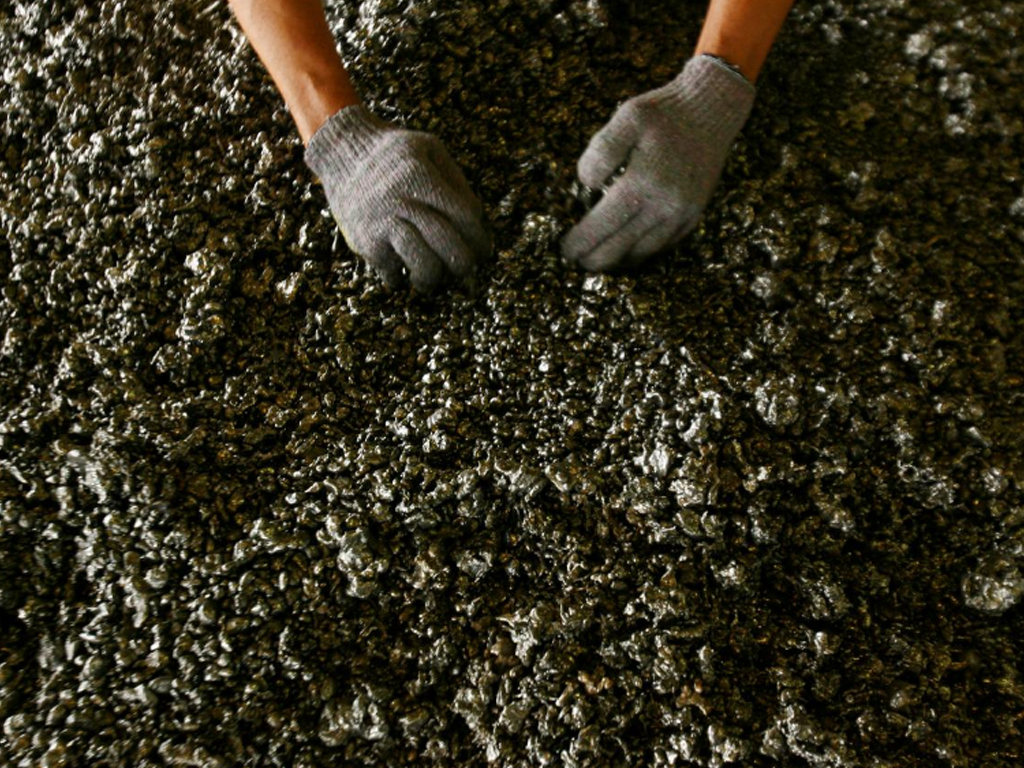Global nickel supply to drop on Indonesia's ore export ban in 2020

JAKARTA: Indonesia said on Monday it will stop nickel ore exports from Jan. 1, 2020, two years earlier than initially indicated, as it speeds up efforts to process more of its resources at home.
Bambang Gatot Ariyono, the director general for coal and minerals at the Ministry of Energy and Mineral Resources, said the ban will be applicable to all grades of nickel ore and ordered exporters to stop shipments from that date regardless of standing contracts.
"That is why we are announcing now so they have four months of transition time," Ariyono told reporters.
Nickel prices have surged on speculation about an expedited ban and Monday's announcement. The three-month nickel contract on the London Metal Exchange rose as much as 5.3% to $18,850 a tonne on Monday, its highest in nearly five years, adding to Friday's 9% gain.
Goldman Sachs said in a note on Sunday it expects London nickel prices to reach $20,000 per tonne in three months due to the ban.
Indonesia, the world's biggest nickel ore producer, accounted for 26% of global nickel ore supply last year, according to the International Nickel Study Group, and the ban will affect the supply of ore to China, the world's biggest nickel consumer.
China imports the ore to produce nickel pig iron (NPI) that is then used to produce stainless steel. The ore ban is likely to disrupt China's NPI output, though Indonesia may be able to make up the shortfall.
Antaike, the research arm of the China Nonferrous Metals Industry Association, said in a note on Monday the global nickel market will be in a deficit of more than 100,000 tonnes in 2020 due to the expedited ban, as opposed to a 40,000 tonne deficit without it.
Companies that produce nickel, also used for batteries for electric vehicles, are calculating how long their current ore inventories will last, Antaike said.
Nickel ore stockpiles at Chinese ports stood at 13.33 million tonnes as of Aug. 30, of which 2.76 million tonnes were from Indonesia and 10.46 million tonnes were from the Philippines, Antaike Chief Nickel Analyst Xu Aidong said.
"Maybe some Philippines nickel ore will replace or offset the shortage but it couldn't meet all the requirement for the Chinese companies because the grade of Philippine nickel ore is lower than that of Indonesia," Xu said.
ACCELERATED BAN
Indonesia had initially said it would ban nickel ore exports from January 2022, according to a rule released in 2017. On Monday, Ariyono said the timetable was expedited because of the limited pool of mineable nickel resources.
"The national proven reserve for nickel is only 698 million tonnes, which can only supply smelting facilities for 7.3 years," he told reporters, adding that Indonesia currently has 11 working smelters with input capacity of 24 million tonnes of ore. It has 25 more smelting facilities in the pipeline.
While the nickel ore ban has been moved up, Indonesia will end exports of bauxite and copper concentrates in 2022 as planned.
Local miners have complained that their smelter projects will stall if exports are cut off, stopping the revenue stream needed to finance development. Ariyono said miners should not rely only on revenue from exports to finance their smelters.
State miner PT Aneka Tambang (Antam) is ready to support the new policy, Chief Executive Arie Prabowo Ariotedjo said in a text message, adding that the rules will benefit companies that already have smelters such as Antam.
The government aims to have 36 nickel smelters by 2022 with a total input capacity of 81 million tonnes.
Ariyono, said there are four mega projects among the 25 smelters currently in the pipeline.
These projects will help Indonesia accelerate the development of its electric vehicle (EV) battery industry, he said.
Luhut Pandjaitan, coordinating minister overseeing mining, said investment into nickel processing plants has reached $10 billion and expects an additional $20 billion in the next five years.
"We will have the supply chain and become a global player in lithium battery production through to electric vehicles," Pandjaitan said.
Indonesia has put the export ban in place to support the EV battery industry by keeping cobalt resources, which are important for lithium batteries, in the country since they are typically found in the low-grade nickel ores that are shipped out, said Sukhyar, an official with the Industry Ministry, who previously was director general for coal and minerals.
"We are talking about building industry for electric vehicles, which need cobalt as material. Why are we exporting them?," he said.




























Comments
Comments are closed.